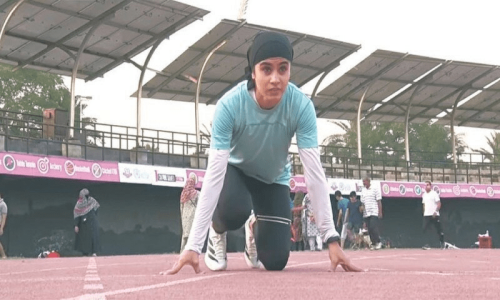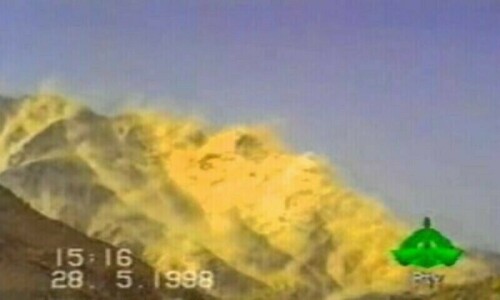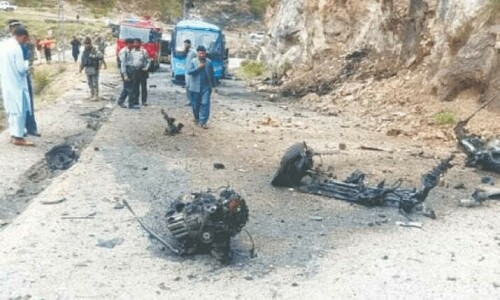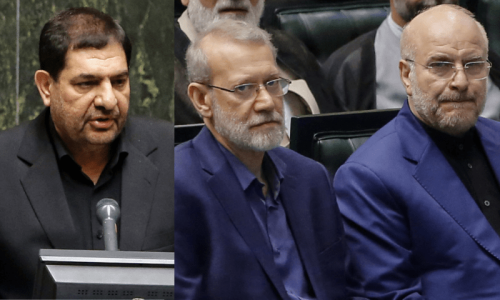WHILE it is critical how Mohammed bin Salman — the new Saudi crown prince and de facto ruler as his father Salman has been slowed by age and reported illness — will handle the desert kingdom’s internal issues, the international community will be keeping a keen eye on how he handles Riyadh’s external relations. Saudi Arabia sits in a region beset by crises and violence, as several wars rage on or near its borders. Across the north-eastern frontier, Iraqi forces are fighting to dislodge the militant Islamic State group from Mosul. To the north, Syria has been devastated by a savage civil war. On its eastern flank, the kingdom has led a relentless campaign — together with the UAE — to isolate Qatar. And directly on the kingdom’s southern border, Yemen is in flames, partly due to the Saudi-led campaign started in 2015 to neutralise the Houthi militia and supporters of former Yemeni president Ali Abdullah Saleh. Relations with Iran are also at a low ebb, as the crown prince has threatened to take ‘the battle’ inside the Islamic republic. Arguably, in his role as defence minister and as the power behind the throne, Mohammed bin Salman has been the architect of many of these confrontations, specifically the Yemen war. Now, as he has been elevated to the second highest slot in the Saudi hierarchy, it remains to be seen which direction he steers his country in.
For decades, Saudi Arabia has backed conservative political regimes in the region and closed ranks with other autocratic states. However, the elders of the House of Saud played their cards carefully, using their influence as ‘custodians of the two holy mosques’ and petrodollars to shape events in the Muslim and Arab worlds. Today, the Saudi leadership has eschewed this approach in favour of sheer hard power. Regrettably, there is little evidence the changed approach will bring the kingdom greater security or stability. Backing rebels in Syria — moderate or otherwise — has added to the chaos in the region, while Yemen today is a human catastrophe. Moreover, ratcheting up tensions with Iran will only engender a matching response from the hard-liners in Tehran. The new Saudi crown prince stands at a crossroads: he can choose to engage neighbours and geopolitical rivals at the negotiating table and arrive at a modus vivendi. Or he can continue to pursue a confrontational foreign policy and prepare for the many unknowns such a course will bring.
Published in Dawn, June 26th, 2017










































